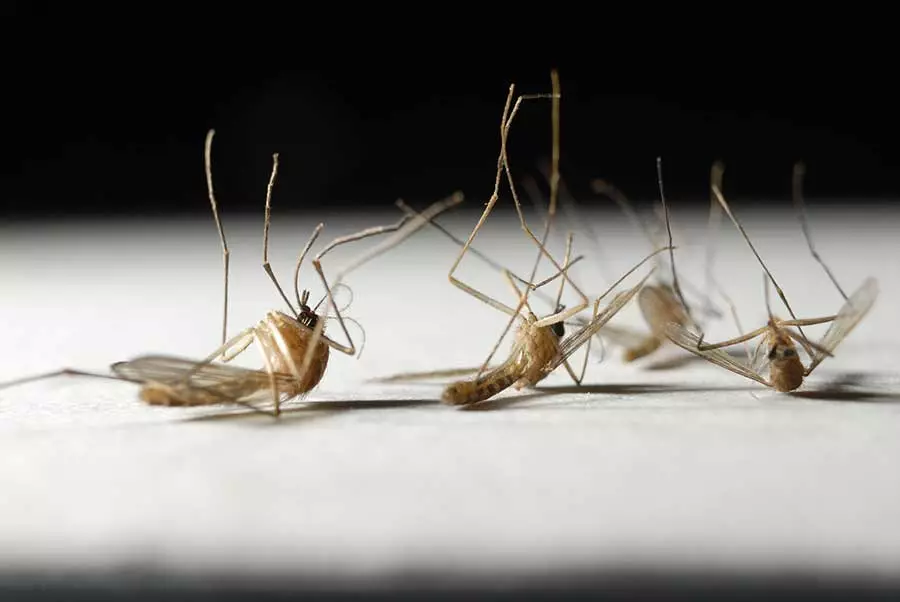The life expectancy of a mosquito is a fascinating subject that often surprises people. While mosquitoes are some of the smallest and most annoying creatures in our environment, their lifespan is influenced by many factors, including species type, environmental conditions, and even their role in reproduction. This article explores how long mosquitoes live, what affects their lifespan, and why their short existence can still have a big impact on humans.
Introduction to Mosquito Lifespan
The life expectancy of a mosquito is not a fixed number. Different species can live for varying lengths of time. Some mosquitoes may live for just a week, while others can survive for several months under favorable conditions. Understanding their lifespan is important for scientists, health experts, and anyone interested in controlling mosquito populations.
Stages of a Mosquito’s Life
To fully understand the life expectancy of a mosquito, it helps to know their life cycle stages:
- Egg – Female mosquitoes lay eggs on water surfaces or in damp areas.
- Larva – The eggs hatch into larvae, which live in water and feed on tiny organic matter.
- Pupa – Larvae turn into pupae, a resting stage before becoming adults.
- Adult – The final stage where mosquitoes fly, feed, and reproduce.
Each stage’s length affects the life expectancy of a mosquito because environmental changes can speed up or slow down development.
Role of Species in Lifespan
Not all mosquitoes are the same. The life expectancy of a mosquito depends heavily on its species. For example:
- Aedes aegypti may live for about 2–4 weeks.
- Anopheles species can survive for over a month if conditions are right.
- Culex mosquitoes often have shorter lifespans in the wild.
Knowing the species helps researchers predict the life expectancy of a mosquito in different areas.
Environmental Impact on Lifespan
The life expectancy of a mosquito is strongly influenced by the environment. Warm, humid areas tend to support longer lifespans, while extreme heat or cold can shorten them. Mosquitoes thrive in temperatures between 20°C and 30°C, and areas with standing water provide ideal breeding sites.
Dry conditions can lower the life expectancy of a mosquito, as they need moisture to survive and reproduce. Similarly, heavy winds can make it difficult for mosquitoes to find food and shelter.
Gender Differences in Lifespan
Interestingly, the life expectancy of a mosquito is different for males and females. Female mosquitoes generally live longer because they need extra time to reproduce. Males often survive only a week or two, while females can last several weeks or months in favorable conditions.
Females’ longer lifespan also means they have more opportunities to bite and spread diseases, making the life expectancy of a mosquito a crucial factor in public health studies.
Influence of Food and Nutrition
What mosquitoes eat affects how long they live. The life expectancy of a mosquito can increase if they have regular access to food. Males feed mostly on plant nectar, while females require blood meals to develop eggs. Without blood, a female mosquito’s lifespan may be shortened, reducing the number of eggs she can lay.
Seasonal Changes and Lifespan
The life expectancy of a mosquito changes with the seasons. In warm seasons, mosquitoes breed quickly, and their lifespan may be shorter due to high activity levels. In cooler seasons, some species enter a resting state called diapause, which can extend their life until conditions improve.
Human Impact on Mosquito Lifespan
Humans influence the life expectancy of a mosquito in many ways. Insect repellents, mosquito nets, and chemical sprays can drastically shorten their lifespan. However, in areas without control measures, mosquitoes may live longer and reproduce more.
Why Lifespan Matters in Disease Control
The life expectancy of a mosquito is directly connected to its ability to spread diseases like malaria, dengue, and Zika virus. The longer a mosquito lives, the more chances it has to bite multiple hosts and transmit pathogens. This is why controlling their lifespan is a key strategy in public health programs.
Common Myths About Mosquito Lifespan
Many myths surround the life expectancy of a mosquito. Some people believe all mosquitoes die within 24 hours, which is not true. Others think mosquitoes can live for years, which is also false. Most mosquitoes live for a few weeks at most, depending on conditions.
Ways to Reduce Mosquito Lifespan Around You
If you want to lower the life expectancy of a mosquito in your area, you can take steps like:
- Removing standing water from containers and gutters.
- Using mosquito-repelling plants in your garden.
- Installing screens on doors and windows.
- Applying insect repellents when outdoors.
These actions can help cut down their numbers and reduce the risks they pose.
Scientific Studies on Mosquito Lifespan
Researchers often study the life expectancy of a mosquito in controlled environments to better understand their behavior. Such studies help in designing more effective control measures. For example, scientists may test how different temperatures, humidity levels, or food sources impact survival.
Climate Change and Mosquito Lifespan
Climate change is altering the life expectancy of a mosquito in many regions. Warmer temperatures can expand their habitats and allow them to live longer in areas where they previously couldn’t survive. This change may increase the risk of mosquito-borne diseases in new places.
Final Thoughts
The life expectancy of a mosquito may seem short, but even a few weeks is enough time for them to breed and spread diseases. By understanding what affects their lifespan, people can take better measures to protect themselves and their communities. Whether it’s climate, species type, or human intervention, every factor plays a role in determining how long these tiny insects live.
